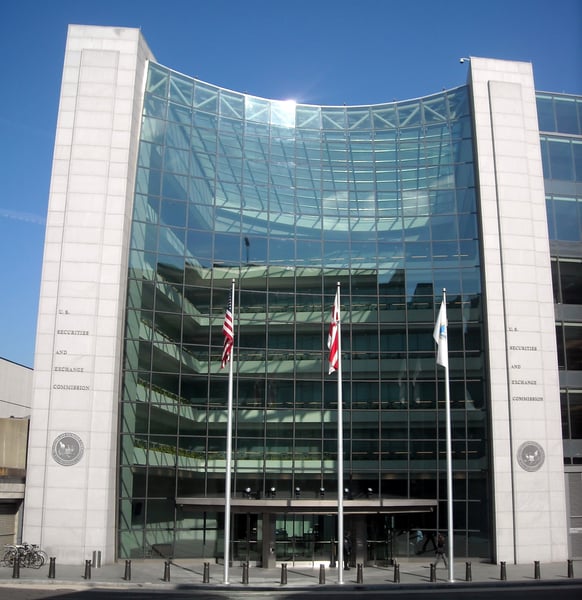An advisory group told the Securities and Exchange Commission on Thursday to consider increasing transparency of mutual fund fees.
In a unanimous vote, the SEC Investor Advisory Committee approved a recommendation for disclosure of fees in dollar amounts on customer account statements. In a second recommendation, the panel said the SEC should look for ways to put the cost information into market context — high, low or average — and explain how the costs will affect total accumulation.
The IAC, which was created by the Dodd-Frank financial reform law to represent retail investor concerns before the agency, said current fee disclosure requirements are not effective.
For nearly 30 years, mutual funds have had to describe fees as a percentage of net assets in a prospectus. Since 2004, they also have had to disclose in annual shareholder reports the costs per $1,000 investment in dollar amounts.
The IAC said average investors don't understand, read or know where to find the current fee information. If fees are represented in dollar amounts on their statements, the information is more likely to catch investors' attention.
“We are optimistic that this form of disclosure would have the effect of making more investors cost-conscious when selecting and evaluating funds,” the
IAC recommendation states.
Although the committee voice vote was unanimous, one member expressed concerns about the proposal.
Adam Kanzer, managing director of Domini Social Investments, said the mutual fund industry reports performance net of fees and expenses and that there is “some tension” between that practice and the IAC proposal.
He also warned that the goal of the SEC should not be to favor low-cost index funds.
“It's not appropriate for the commission to be endorsing passive versus active management,” Mr. Kanzer said.
Barbara Roper, chair of the IAC subcommittee that offered the proposal, said it was not meant to tip the scales toward passive investing.
“There is nothing about this recommendation that sends the message, or is designed to send the message, that index funds are preferred or better,” said Ms. Roper, director of investor protection at the Consumer Federation of America.
SEC Chairwoman Mary Jo White as well as SEC members Kara Stein and Michael Piwowar attended the IAC meeting. Each of them praised the IAC for tackling the issue.
“Making sure investors have information they need to make informed decisions about their investments in mutual funds and the costs of those investments is critically important,” Ms. White said. “We appreciate your engagement on this very important and not easy subject.”
The SEC should require increased fund fee disclosures, Ms. Stein said.
“We can still do more to ensure that investors both understand the importance of cost and are easily able to determine the costs they are paying,” she said.
Mr. Piwowar cautioned that the agency should assess different disclosure methods before settling on one.
“I fully support engaging in a robust investor testing program that examines the efficacy of various mutual fund cost disclosures,” he said.
The SEC does not have to act on IAC recommendations. The agency has had a mixed record of following up on the committee's work.
The IAC recommendation would be especially helpful to workers managing their own retirement savings and buying their own mutual funds, said Damon Silvers, an IAC member and associate general counsel at the AFL-CIO.
“This is enormously important in terms of the overall investor-protection picture,” Mr. Silvers said.
If enough investors start to act on fee information, it could change the market, said Steven Wallman, founder and chief executive of Foliofn Inc.
“It creates real competition in the market,” he said.
Mr. Kanzer, however, questioned whether good investment decisions could be made on fee levels alone.







